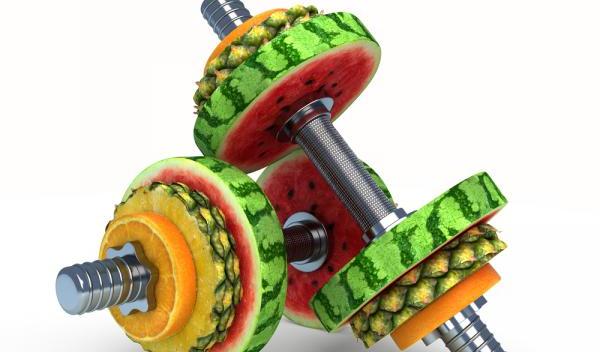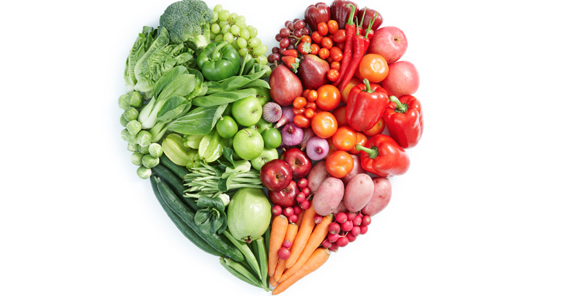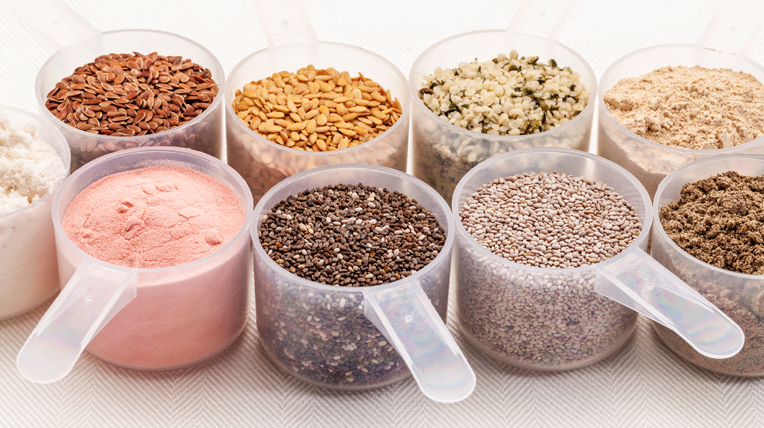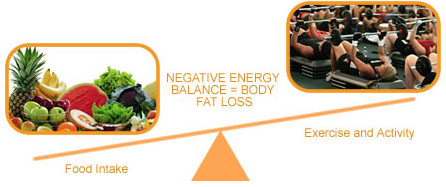
Nutrition alone can be a minefield of jargon, and sports nutrition is the same. This article therefore should serve as a good starting point for those people wanting to learn more about sports nutrition (and what those words actually mean!).
Whether you want to perform better at a given sport, or just have a sense of general wellbeing and health; in both scenarios, it is important to have a solid foundation of healthy nutrition. A balanced diet is a bit of a cliché, but the age old “everything in moderation”, is a saying that should never go out of fashion. You can’t expect to recover and perform to the best of your ability, if you eat processed and low quality foods all week, but have a protein shake and some creatine after a workout.
Unfortunately, even the concept of a basic, or general healthy diet can be very confusing, especially if you don’t understand all the different terms that are used in various articles that address the subject. Here is a breakdown of some of the most commonly used terms in nutrition as well as sports nutrition:
- Calories
A calorie is the unit of energy required to increase the temperature of 1g of water by one degree Celsius. Anything that contains energy has calories, coal for example contains calories of energy. Energy-balance is key in terms of losing, or gaining weight. The most important factor of weight-management is: The amount of calories consumed (in food & drink) versus the amount of calories used/burnt (by basal metabolic rate & physical activity).
If someone is looking to lose body-fat; they should therefore look to reduce calories taken in by choosing healthy foods and reducing portion sizes, and increase calories expended by increasing physical activity. Tracking your food intake is a good start; just to get an idea of how many calories are being consumed. As a rough guide, men should consume around 2,500 calories per day, and women 2,000 (check out NHS Choices and my metabolism calculator for more information).
- Macronutrients
Protein, carbohydrates and fats are all macronutrients. Fibre is strictly speaking a macronutrient too, but sometimes categorised separately. Macronutrients provide a basic way to classify foods, and their properties in terms of energy and the manner in which they will be assimilated/treated by the body.
Protein is required for growth and repair, 1g of protein contains 4 calories. It is generally agreed that athletes require more protein per kg of bodyweight than sedentary people. Carbohydrates are the muscles’ main source of fuel and energy. There are 4 calories in each gram of carbohydrate as well. Without carbohydrate in the diet, it would be very difficult, if not impossible to exercise, or play sport at a high intensity. Fats contain 9 calories per gram. They are required for structures such as cell membranes, and in order to absorb fat soluble vitamins.
Most nutritionists regard fibre as a macronutrient, as it is required in relatively large (“macro”) amounts. Fibre helps your digestive system to keep moving and looks after your cholesterol profile.
- Micronutrients
Broadly speaking, micronutrients are broken down into vitamins and minerals. They are called “micro” nutrients, as they are required in much smaller amounts. They are vital for immune function and general wellbeing, and the body could not function at all without a number of them. Each micronutrient has a different function in the body; whilst some vitamins are fat soluble (A, D, E and K), most are water soluble.
Vitamin C for example, is required for wound healing and to maintain a healthy immune system, whilst Vitamin D is required for bone health. The best way to ensure that the body receives all the essential micronutrients, is it eat a range of fruit and vegetables (eat a rainbow!).

- Sports Nutrition
As discussed above, sports nutrition should be seen as an add-on to general day-to-day healthy nutrition. There are however, some important exercise-specific nutritional ‘words’ to be aware of. Here, are some important basics of sports nutrition, some of which can also be applied to good nutrition in general:
- Hydration
Hydration influences both physical and mental performance, and in longer duration sports like football and tennis, keeping an athlete hydrated is arguably the primary concern of a sports nutritionist.
Aim to start sport or exercise well hydrated and if you’re working out for less than an hour then water is ideal to keep you topped up whilst running around. If you’re working out for longer than an hour, adding a small amount of sodium and glucose to a drink allows the body to absorb and retain more quickly and will help to maintain blood glucose levels. It’s quite easy to make your own sports drink by adding a small amount of fruit juice and a pinch of salt to water.
Supplements – There are many supplements on the market, here are some of the most commonly used and well known:
- Whey Protein
Protein consumption post workout/training has been showed to optimise protein synthesis and enhance recovery. Whey is a by product of cheese production but is regarded by many as the best form of protein to consume in the morning and post (or even pre) exercise. Read more in my article all about protein powder.

- Creatine
Creatine is a substance found in meat, and is a fuel for the first energy system that is used in exercise – the ATP-PC system. This system is used in the 100m sprint, and in sports like weightlifting. Creatine supplementation allows the ATP-PC system to recover quickly; Meaning a higher intensity can be maintained for longer, and players/athletes can perform maximum intensity bursts like sprints in football, more often and in theory, at a higher pace. Supplementing with creatine will reduce the recovery time; ideal for sports that involve intermittent sprints and bursts like rugby and football.
- BCAAs
Branched chain amino acids (BCAAS) consist of leucine, isoleucine and valine. Leucine supplementation can increase protein synthesis, which in turn can enhance recovery and optimise adaptation to training. Isoleucine has been shown to enhance glucose uptake into cells, which can in turn, accelerate recovery as muscle carbohydrate/glycogen stores are replenished quicker.

Nutrition and sports nutrition overlap greatly. In fact, with a healthy diet, full of nutritious food, supplementation of any kind may only be necessary in certain scenarios. Remember to eat well, and consume whole, unrefined foods. Keep hydrated when competing or training in any sport, and avoid eating sugary foods too often!
*This blog post was written in collaboration with Kinetica Sports. Please read my disclaimer page for more information.

